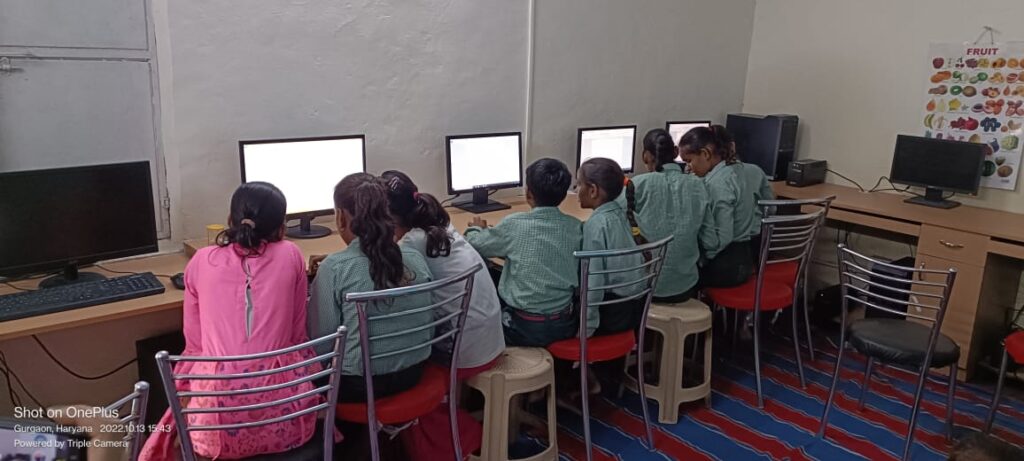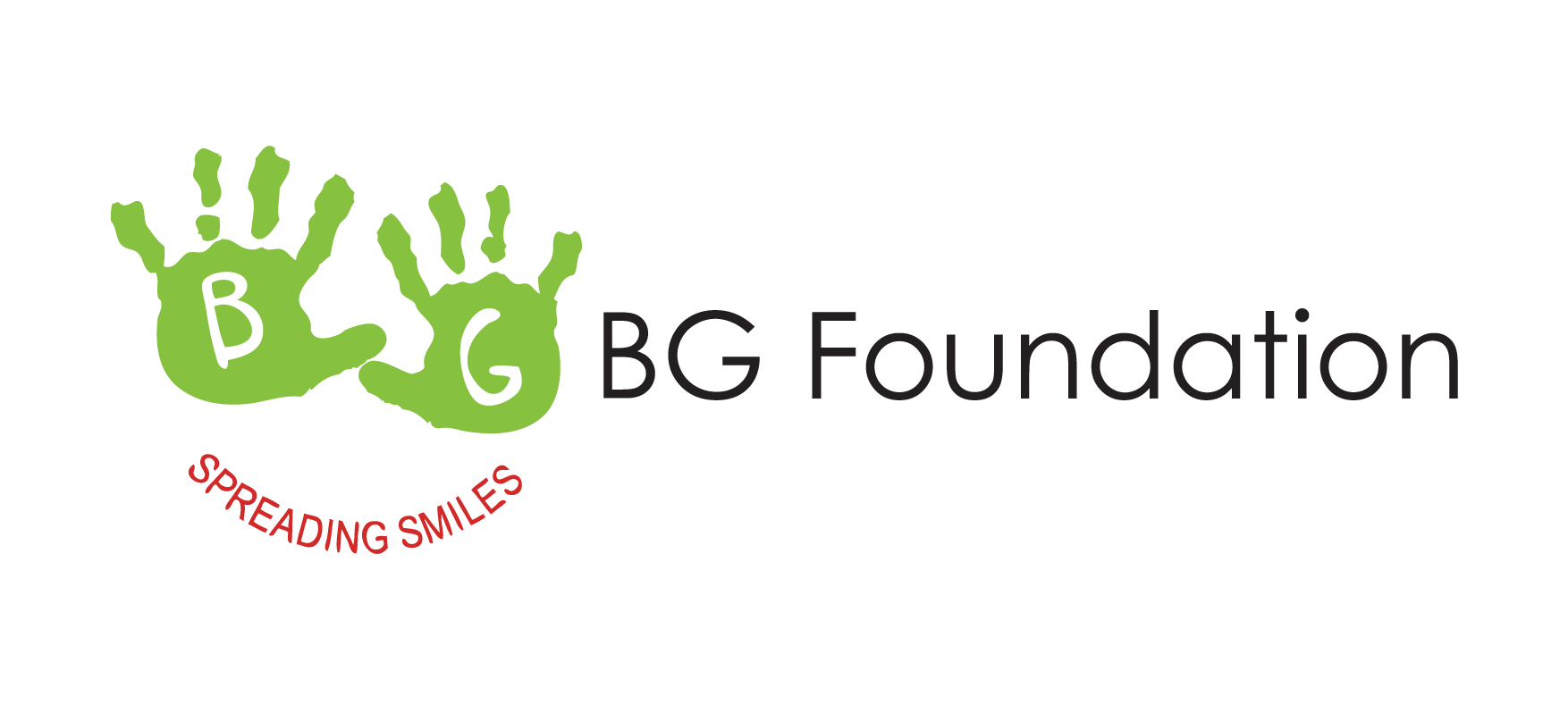Comprehensive education is vital in preparing the next generation to tackle the challenges of the 21st century. It extends beyond traditional academic subjects, incorporating a broad spectrum of essential skills and knowledge. By providing a well-rounded education that includes core subjects like mathematics and science, as well as social and emotional learning, critical thinking, and problem-solving skills, comprehensive education empowers students with the necessary tools to succeed in an increasingly complex and interconnected world.
Comprehensive education also cultivates a love of learning and curiosity about the world. By introducing students to a diverse range of subjects and experiences, it encourages them to explore their interests and develop a passion for lifelong learning. This not only benefits students academically but also prepares them to be engaged and informed citizens, capable of making meaningful contributions to their communities and society at large.
Key Takeaways
- Comprehensive education empowers the next generation by providing them with a wide range of knowledge and skills.
- It is important to equip the next generation with essential skills such as critical thinking and problem-solving abilities.
- Knowledge plays a crucial role in shaping future leaders and empowering students to make informed decisions.
- Comprehensive education helps bridge the opportunity gap and has a positive impact on societal progress.
- Fostering critical thinking and problem-solving abilities is essential in preparing the next generation for the challenges of the future.
Equipping the Next Generation with Essential Skills
The Importance of Well-Rounded Education
By providing students with a well-rounded education that includes not only academic subjects, but also social and emotional learning, critical thinking, and problem-solving skills, comprehensive education ensures that students are prepared for the challenges of the future.
Critical Thinking: A Key Skill for Success
One of the key skills that comprehensive education helps to develop is critical thinking. By encouraging students to question, analyze, and evaluate information, comprehensive education teaches them to think independently and make informed decisions. This is essential for success in today’s complex and rapidly changing world, where the ability to critically evaluate information and solve problems is more important than ever.
Preparing Students for the Future
By equipping students with a diverse set of skills, comprehensive education prepares them to succeed in a rapidly changing world. With the ability to think critically, solve problems, and make informed decisions, students are empowered to navigate the challenges of the future with confidence.
Fostering Critical Thinking and Problem-Solving Abilities

Comprehensive education plays a crucial role in fostering critical thinking and problem-solving abilities in students. By exposing students to a wide range of subjects and experiences, comprehensive education encourages them to think creatively and approach problems from multiple perspectives. This not only helps students to develop a deeper understanding of the world around them, but also equips them with the skills they need to navigate complex challenges and find innovative solutions.
In addition to critical thinking, comprehensive education also helps to develop students’ problem-solving abilities. By providing students with opportunities to apply their knowledge and skills to real-world problems, comprehensive education teaches them to approach challenges with confidence and resilience. This is essential for success in today’s rapidly changing world, where the ability to adapt and find creative solutions is more important than ever.
The Role of Knowledge in Shaping Future Leaders
Comprehensive education plays a crucial role in shaping future leaders by providing them with the knowledge and skills they need to succeed in a variety of fields and industries. By exposing students to a wide range of subjects and experiences, comprehensive education helps to develop well-rounded individuals who are able to think critically, communicate effectively, and work collaboratively. This not only prepares students for success in their careers, but also equips them with the tools they need to lead and inspire others.
In addition to developing essential skills, comprehensive education also helps to instill a sense of social responsibility in students. By exposing them to diverse perspectives and experiences, comprehensive education teaches students to empathize with others and understand the impact of their actions on the world around them. This is essential for shaping future leaders who are able to make ethical decisions and contribute positively to their communities and society as a whole.
Empowering Students to Make Informed Decisions
Comprehensive education empowers students to make informed decisions by providing them with the knowledge and skills they need to navigate the complexities of the modern world. By exposing students to a wide range of subjects and experiences, comprehensive education teaches them to critically evaluate information, think independently, and make ethical decisions. This not only prepares students for success in their personal and professional lives, but also equips them with the tools they need to be engaged and informed citizens.
In addition to developing critical thinking skills, comprehensive education also helps students to develop a strong sense of self-awareness and confidence. By providing them with opportunities to explore their interests and passions, comprehensive education encourages students to develop a sense of purpose and direction. This not only benefits students personally, but also prepares them to make meaningful contributions to their communities and society as a whole.
Bridging the Opportunity Gap through Education
Developing Essential Skills
By exposing students to a wide range of subjects and experiences, comprehensive education ensures that all students have the opportunity to develop essential skills like critical thinking, problem-solving, and communication. This not only levels the playing field for all students, but also ensures that they are able to thrive in an increasingly complex and interconnected world.
Fostering Equity and Inclusion
Comprehensive education also helps to foster a sense of equity and inclusion. By exposing students to diverse perspectives and experiences, comprehensive education teaches them to empathize with others and understand the value of diversity. This not only benefits students personally, but also prepares them to be inclusive leaders who are able to create positive change in their communities and society as a whole.
Preparing Students for Success
In summary, comprehensive education plays a crucial role in providing all students with the skills, knowledge, and values necessary to succeed in the 21st century. By providing access to a high-quality education, fostering equity and inclusion, and developing essential skills, comprehensive education helps to bridge the opportunity gap and prepares students to thrive in an increasingly complex and interconnected world.
The Impact of Comprehensive Education on Societal Progress
Comprehensive education has a profound impact on societal progress by equipping the next generation with the knowledge and skills they need to thrive in an increasingly complex and interconnected world. By providing students with a well-rounded education that includes not only academic subjects, but also social and emotional learning, critical thinking, and problem-solving skills, comprehensive education ensures that all students have the opportunity to succeed. This not only benefits individuals personally, but also contributes to societal progress by creating a more informed, engaged, and inclusive citizenry.



